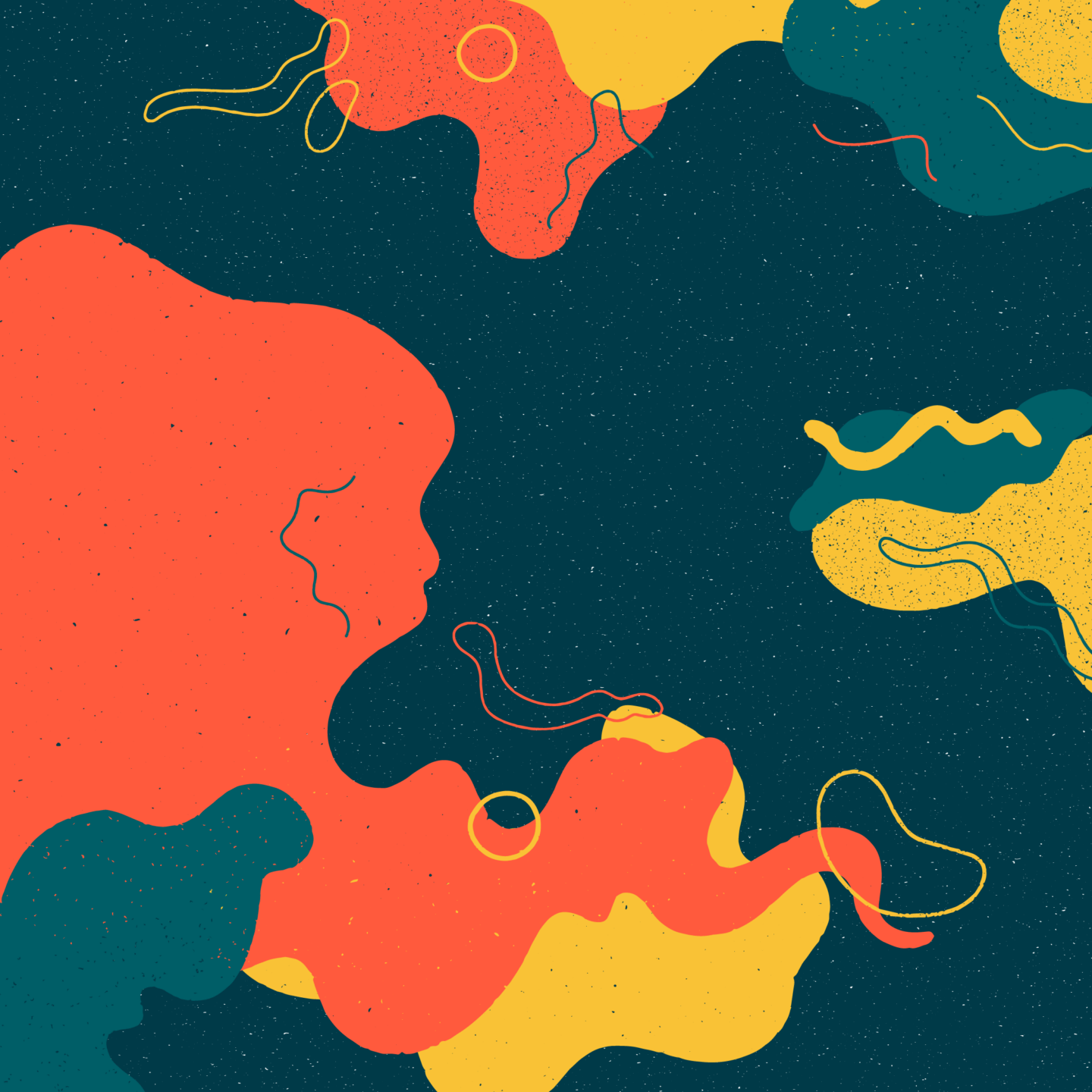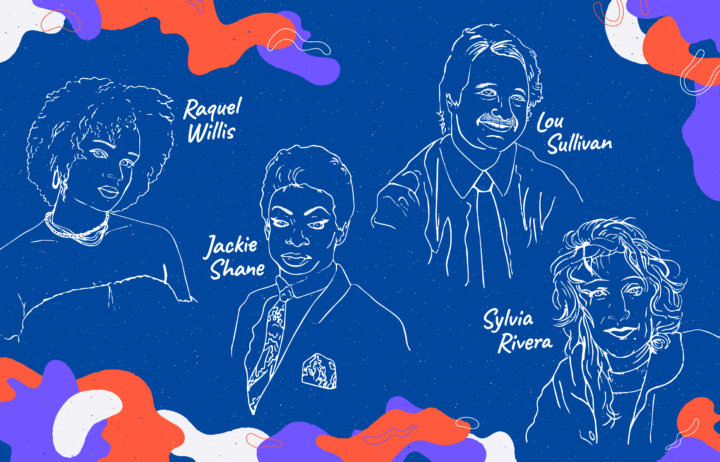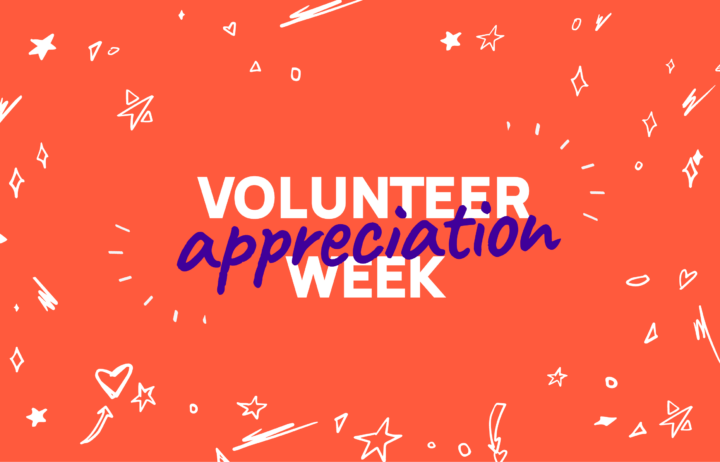Being Black is hard. Due to the unique historical and current systems of oppression we face, the simple feat of continuing to exist and thrive in this country is an act of sheer rebellion for Black people. Countless scholars have illustrated myriad challenges to physical and mental health that Black people face, all stemming from systematic discrimination and racism. Mental health care providers and researchers alike have long been sounding the alarm about the mental health crisis among Black young people, specifically pointing to increasing rates of suicide. Still, in many ways reflective of our tenacity, Black people are incredibly diverse in their talents, backgrounds, and expressions, and this includes sexual orientation and gender identity. This also means, from an intersectional perspective, that being both Black and LGBTQ comes with its own unique experiences and forms of stigma, some of which may contribute to poor mental health (anxiety, depression, and suicide). When considering that Black LGBTQ young people’s negative experiences and resultant poor well-being are associated with how they are treated in our society, it is paramount to consider how to show up for and support Black young people if we truly care to move the needle.
Allow young Black LGBTQ youth to show up in all that they are.
First and foremost, Black LGBTQ people exist — full stop. Allowing Black LGBTQ young people to show up in spaces but insisting they leave behind a key part of who they are is deflating and conveys a lack of respect for who they truly are. This stands true in predominantly White LGBTQ spaces as well as Black spaces. This policing of identities puts an undue burden on Black young people to constantly scan their environment for safety in one form of their identity or another, an experience unique only to people who are stigmatized for multiple reasons. Being both Black and LGBTQ should provide someone with a wealth of support networks; however, this is not the case if they’re having to be just one of those things at any given time. Imagine the amazing things young people could accomplish and who they could become if their basic safety and well-being were ensured.
Black families have to be the first line of defense in protecting our LGBTQ young people.
Admittedly, it might be hard as a family member of a young person to understand an LGBTQ identity; however, you don’t have to be an expert. Many Black children are socialized to value the support of family and that family may often be the only place someone truly understands your experience. For Black LGBTQ young people, all of the support they have come to expect from their family may come into question as they begin to understand their LGBTQ identity, and this loss of support understandably impacts their mental health. In other words, withholding support for someone is not going to suddenly make them not be themselves, but it may have a detrimental impact on their well-being. Conversely, our research at The Trevor Project finds that Black LGBTQ youth who had high levels of family support had nearly 3 times lower rates of suicide attempts in the past 12 months. Still, we can and should do better. Less than 1 in 3 Black LGBTQ youth reported actually having this high level of family support.
What can this support look like? Using the correct pronouns and names for people; speaking openly and respectfully about LGBTQ identities; allowing everyone to express their gender in whatever way feels comfortable and natural; seeking to learn more. It also means standing up for people when they are being harmed, either physically or emotionally, even if it’s by another family member or a friend. But importantly, let the young person lead in terms of how you can show up for them. Black LGBTQ young people should never feel alone in their struggles.
Move in ways that are both radically anti-racist and LGBTQ-inclusive.
For Black young people to thrive, the spaces they find themselves in must be fully supportive of who they are. Spaces that are meant to provide community and fellowship for Black people must also be purposefully affirming of LGBTQ people. This means things such as having symbols of support around such as a Pride flag, gender-neutral bathrooms, saying pronouns during introductions, specifically stating queer families are invited to participate, and openly supporting LGBTQ causes, among others. Additionally, spaces meant to bring LGBTQ people together must address the unique intersection of being LGBTQ and Black and how that impacts their lived experiences. This might mean engaging with family members, respected community, and church leaders, as well as addressing issues that specifically impact the Black community. It also means providing exclusively Black spaces for Black LGBTQ young people.
For the young Black LGBTQ people who many may find themselves reading this, I want you to know that you are seen, that you are valued, and that you are loved. You deserve to be the best version of yourself and I promise that you have that inside of you. Surround yourself with people who will celebrate all of you and help you flourish. Trust me, these people exist and will be more than happy to be your loudest cheerleaders.
While being Black can be hard, we have shown just how resilient we are by continuing to excel. As we celebrate Black History Month and all of the sorrow and joy that comes with it, remember that our history includes all Black people and everyone deserves a seat at the tables we’re creating for ourselves. To quote the incomparable Issa Rae, we are “rooting for everybody Black.”
Myeshia Price is the Director of Research Science at The Trevor Project, a suicide prevention and mental health organization for lesbian, gay, bisexual, transgender, queer & questioning (LGBTQ) young people. If you or someone you know is feeling hopeless or suicidal, our trained crisis counselors are available 24/7 at 1-866-488-7386 via chat www.TheTrevorProject.org/Get-Help, or by texting START to 678-678.


